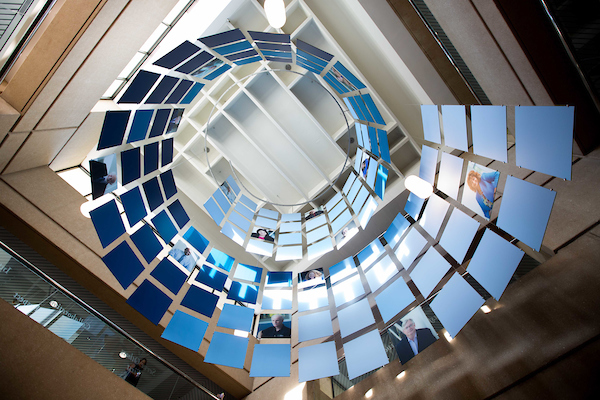Broad-Based Medical Science Training for Future Healthcare Professionals
Broad-Based Medical Science Training for Future Healthcare Professionals
Blog Article
Broad-Based Medical Science Training for Future Healthcare Professionals
The what can you do with biomedical science degree is just a graduate-level academic offering designed to guide persons seeking improved qualifications for access right into a wide range of skilled schools. These generally include medical, dental, chiropractic, drugstore, doctor assistant, physical therapy, and different health-related programs. Through a structured and integrative curriculum, the program equips students with the foundational understanding and abilities necessary for competitive applications and academic achievement in qualified training.

This program emphasizes a rigorous scientific primary that mirrors the curriculum of first-year qualified health programs. Pupils typically engage in advanced coursework in professions such as for instance structure, biochemistry, physiology, pharmacology, microbiology, and pathology. That academic framework supports mastery of complicated substance and promotes the progress of sophisticated systematic and thinking skills—essential competencies for future wellness professionals.
What units this system apart is its versatility. While many students pursue it as a stepping stone toward skilled college, the curriculum also prepares graduates for tasks within the broader health sciences sector. Alumni of this system have properly joined occupations in public health, healthcare administration, clinical research, and biotechnology. The others have pursued sophisticated examine in areas such as for example biomedical sciences, healthcare knowledge, and also law, with a focus on biotechnology patents or regulatory affairs.
As well as academic planning, this system fosters skilled development through advising, mentorship, and test preparation. Pupils looking for entry to applications that want entrance exams—including the MCAT, DAT, or GRE—benefit from structured help and academic sources that improve their readiness. These characteristics donate to the program's notable achievement rate: around 75% of graduates are mentioned to qualified schools following completion.
The curriculum's extensive design also responds to the changing wants of the healthcare workforce. As healthcare delivery versions become significantly interdisciplinary, the ability to interact with a variety of clinical and scientific material is essential. Pupils obtain not just subject-specific information but in addition realistic experience in important thinking, study design, and communication. These transferable skills are relevant in academic, scientific, and non-clinical roles.

Importantly, this program aligns with the broader goal of encouraging usage of health care for all neighborhoods by providing graduates that are academically and ethically prepared to lead meaningfully in several capacities. Whether pursuing a clinical career or contributing through policy, research, or education, graduates are placed to impact the healthcare industry in evidence-based and impactful ways.
The master of science in medical technology thus serves as an ideal expense in one's future within the health professions. It offers a bridge between undergraduate knowledge and the rigor of professional or doctoral applications, equipping students with the tools needed to succeed equally academically and appropriately in the present complicated health environment. Report this page